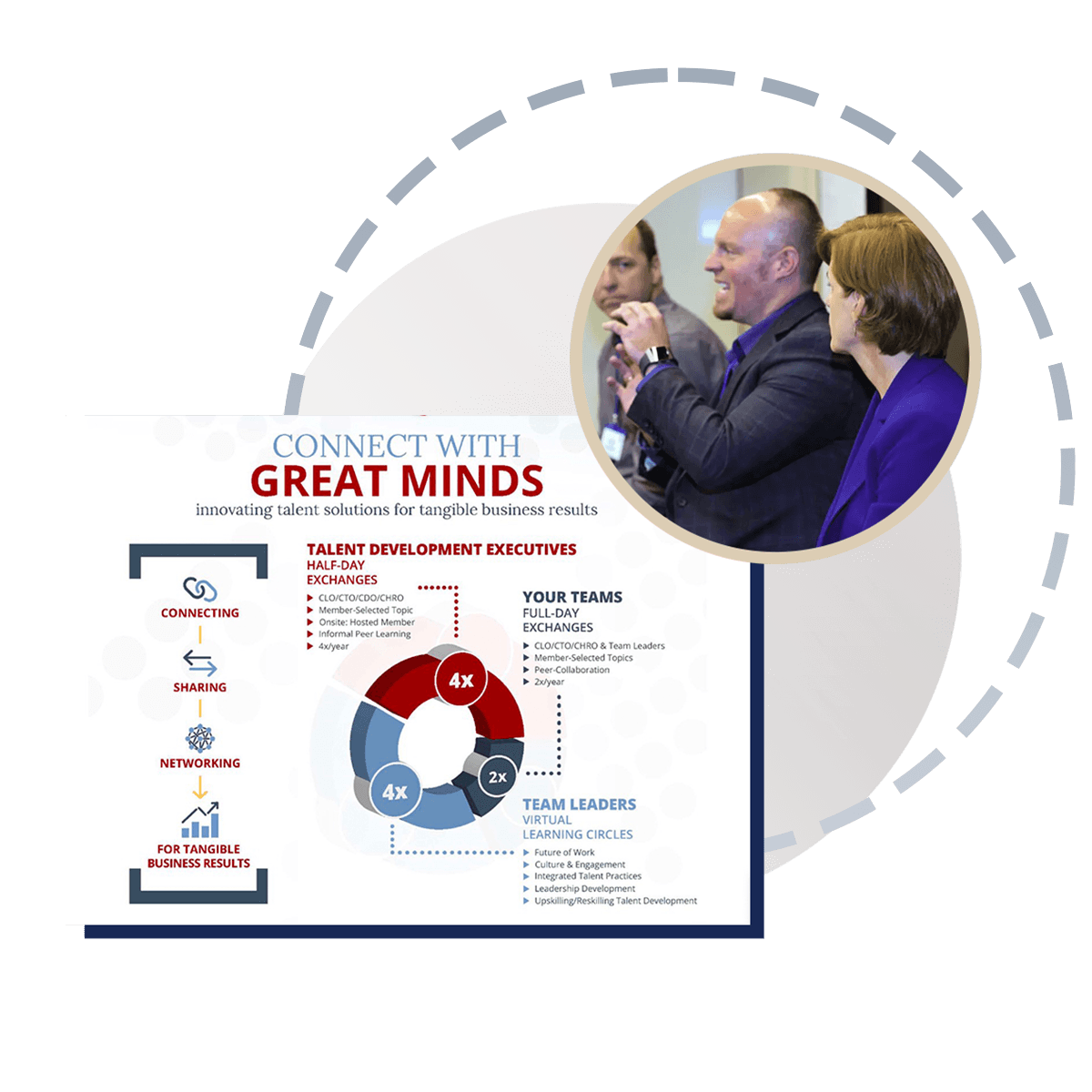Session Focus: When we think of trust and what it means, we quickly realize it encompasses many things. In leading remote teams, Trust can be more difficult to get correct.
This session provided invaluable insights into fostering trust and psychological safety, especially in today’s hybrid and remote work environments.
A standout moment came from Newt Moore, who remarked: “The behaviors you exhibit say more about trust than your words—cameras on or constant monitoring communicates distrust, even if unintended.”
This quote underscores a vital truth: trust is built through actions, not just policies or statements. For senior HR talent leaders, here are three key takeaways to consider:
- Create a Culture of Psychological Safety
Empower employees to voice concerns, admit mistakes, and share ideas without fear of judgment. Psychological safety is the foundation for innovation and team cohesion. - Empower Autonomy and Flexibility
Focus on outcomes, not micromanagement. Trusting employees to own their work fosters creativity, enthusiasm, and productivity. - Model Trust and Emotional Intelligence
Leaders must lead by example—showing transparency, admitting vulnerabilities, and demonstrating genuine care for their teams. Emotional intelligence is a non-negotiable skill for driving trust.
HR leaders are uniquely positioned to drive these cultural shifts. As we navigate the future of work, the challenge lies in turning these insights into actionable strategies. How are you building trust and psychological safety in your teams? Let’s start the conversation.
